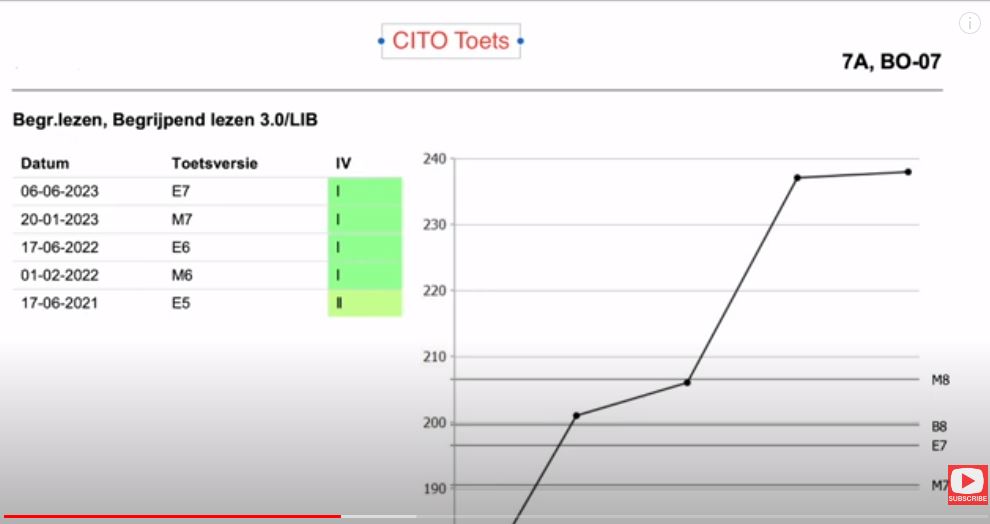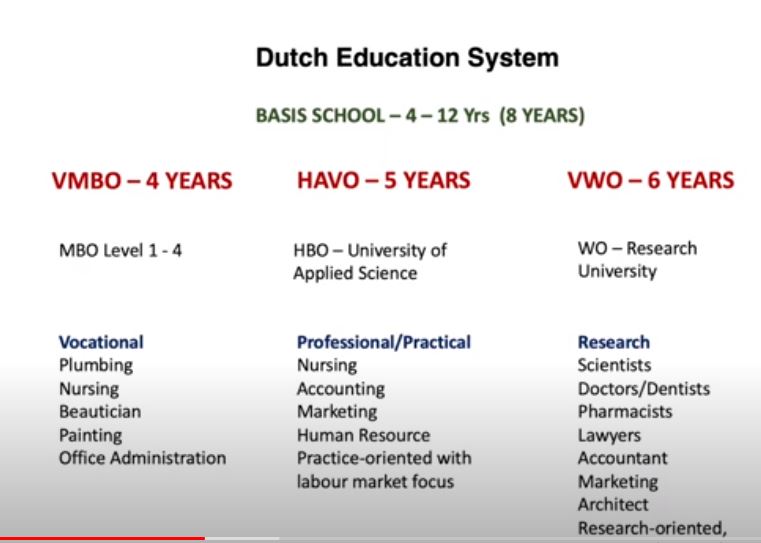Introduction
In this blog post, we delve into the Dutch education system from the viewpoint of a migrant parent. With firsthand experience and insights, we explore the various aspects of the system, from preschool to secondary school choices and the emphasis on child happiness and fulfillment.
Preschool: Fostering Early Development
Preschool plays a crucial role in preparing children for primary school, especially for those who might face learning challenges. With a focus on play-based learning, preschool allows children to develop motor skills, social competence, and independence through activities that include sand play, bike riding, and climbing. Around the age of six, children start to delve into reading, writing, and mathematics, setting the foundation for their academic journey.
Education is Free: Primary and Secondary Education
An important aspect of the Dutch education system is the provision of free education for children at both primary and secondary levels, excluding specialized international schools. Education is compulsory for children aged 5 to 16, emphasizing the significance of attending school. Parents require prior permission to withdraw their child from school, reinforcing the commitment to education in the Netherlands.
Choosing a Secondary School: The Impact of Primary School Recommendations
The path to a child’s secondary education is guided by recommendations from their primary school. These recommendations stem from the results of national tests called CITO toets, focusing on language and mathematics. The holistic evaluation includes behavioral patterns and overall school performance. While parents have limited influence over this decision, they can support their children’s education to potentially influence the outcome.

Secondary School Pathways: VMBO, HAVO, and VWO
The Dutch secondary education system offers three distinct pathways—VMBO, HAVO, and VWO—each tailored to different academic pursuits. VMBO spans four years and provides a practical approach, while HAVO spans five years and prepares students for University of Applied Sciences. VWO, spanning six years, readies students for research universities. The choice of pathway is determined by primary school recommendations and individual strengths.

Personal Experience: A Glimpse into the Grading System
Allow me to share a personal experience that offers insight into the Dutch grading system. These grades are influenced by the accumulation of test results throughout primary school, including reading comprehension, mathematics, and language skills. While parents may feel their child’s potential exceeds the assessment, the system relies on the objective data collected over the years.
Language Transition: A Crucial Period for Migrant Children
Language transition is pivotal for migrant children, as proficiency in Dutch is essential for academic success. Transition classes, while usually recommended for a year, expedite language learning. This period can be challenging, but with determination and appropriate support, children adapt remarkably well, demonstrating the importance of strong language skills in the education system.
Supporting Children’s Education: Balancing Freedom and Responsibility
As parents, we play a vital role in our children’s education. Balancing our expectations with their interests and abilities is crucial. Providing positive motivation and emotional support fosters their growth and willingness to excel. While some children may struggle with the language transition, options like international schools are available to ease the process.
Beyond Academics: Prioritizing Happiness and Fulfillment
The Dutch education system places a strong emphasis on child happiness and fulfillment. Children are encouraged to pursue their natural talents and interests, rather than solely focusing on academic achievements. With various pathways to success, including vocational routes, the system recognizes the diverse skills and aspirations of each child.
Conclusion: Navigating the Dutch Educational Landscape as a Migrant Parent
In conclusion, the Dutch education system offers a unique approach that prioritizes children’s happiness and growth. As migrant parents, embracing this system and understanding its intricacies can contribute to a successful educational journey for our children. By balancing expectations with support and fostering a positive learning environment, we can empower our children to thrive within this system while pursuing their dreams and aspirations. Feel free to share your own experiences and thoughts in the comments below—let’s continue this important conversation.

